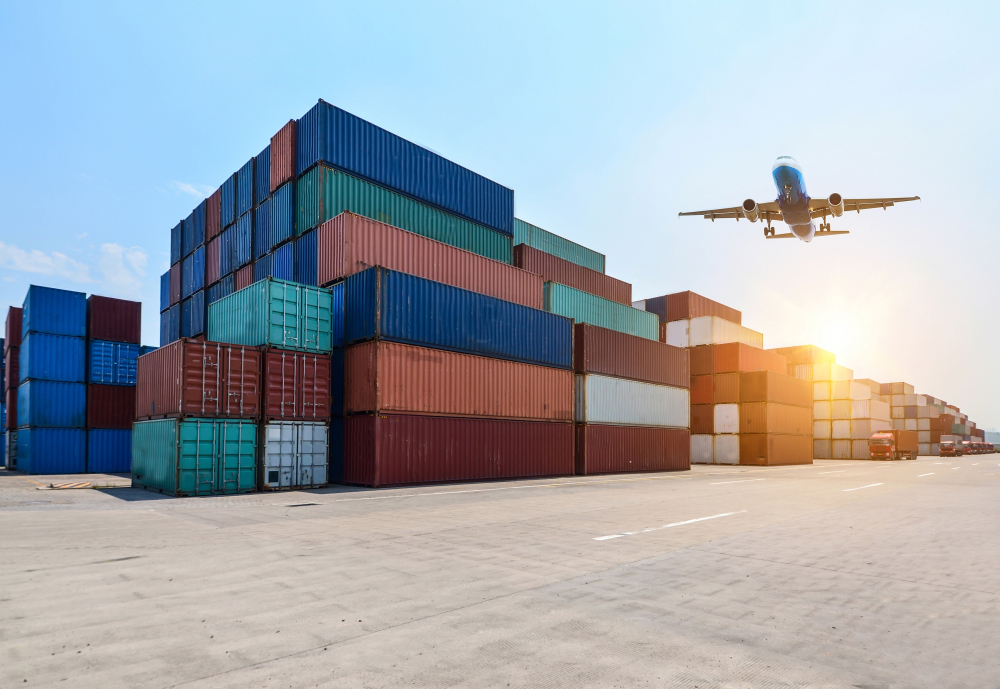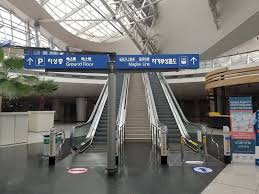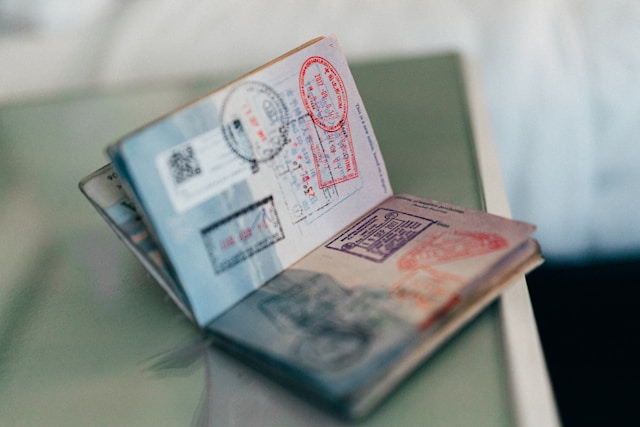Korea's Gateway Advantage: Registering Your Company for Global Trade Triumph

Strategically located at the core of East Asia, Korea emerges as a significant player in the global trade arena, deserving the prestigious designation of the "Hub for East Asian Commerce and Logistics." The nation's geographical placement, intricately intertwined with an advanced logistics infrastructure, positions it as a crucial focal point linking major economies. This complex convergence extends beyond mere geography; it represents a dynamic meeting point where strategic positioning seamlessly integrates with state-of-the-art logistics capabilities. As we embark on this exploration, we delve into the nuanced elements that intricately contribute to and emphasize Korea's distinguished role as a central hub for both logistics and trade on the worldwide stage.
Korea's Intricate Infrastructure Network
A cornerstone of Korea's logistical prowess lies in its meticulously designed infrastructure, creating an intricate web of connections with major countries and cities worldwide. Positioned strategically between economic powerhouses China and Japan, Korea functions as a vital center for aviation and maritime logistics. The well-established transportation systems not only facilitate seamless connectivity within the Asia-Pacific region but also extend their reach to encompass Eurasia and the Americas. Moreover, Korea's strategic location holds the promise of establishing a significant land-based route, further solidifying its reputation as a linchpin in the global logistics network.
Gateway to Global Markets: Korea's Role in International Trade Agreements
Korea's significance as a logistics hub is elevated by its role as a gateway, offering access to the expansive markets of Asia and beyond. The nation has actively engaged in international trade agreements, boasting a portfolio of 21 free trade agreements (FTAs) encompassing 59 countries as of February 2023. These agreements span major economies such as the European Union, the United States, and China. Leveraging its geographical advantage, Korea emerges as a gateway that seamlessly links to the largest economies globally. Furthermore, ongoing efforts to negotiate additional FTAs with emerging economies underscore Korea's commitment to fostering robust trade relations.
Strategic Diplomacy: Korea's Emphasis on Free Trade Agreements
The emphasis on free trade agreements is not merely a diplomatic pursuit; it is a strategic move aligned with Korea's overarching goal of establishing itself as a logistics powerhouse. By actively reducing trade barriers and cultivating a favorable environment for commerce, Korea attracts businesses seeking efficient routes to global markets. The nation's unwavering commitment to facilitating international trade through these agreements enhances its allure as a preferred logistics hub in the region, creating an ecosystem conducive to the smooth flow of goods and services.
Economic Resilience: Korea's Robust Industrial Foundation
Korea's logistics strength is further underscored by its robust economic and industrial foundation. Boasting a diverse range of industries, including manufacturing, technology, and automotive sectors, the nation possesses a resilient economy that fuels a substantial volume of imports and exports. This economic prowess, when combined with a well-established logistics and supply chain infrastructure, positions Korea as a hub endowed with the expertise to navigate and manage complex distribution networks efficiently. This synergy between economic strength and logistical expertise enhances Korea's appeal as a key player in global trade dynamics.
Conclusion
In earning its distinction as the epicenter of East Asia and a pivotal logistics hub, Korea encapsulates a dynamic fusion of strategic acumen, advanced infrastructure, and proactive engagement in international trade. Situated strategically at the crossroads of major economic powerhouses, Korea's role is not static but an evolving narrative. As it fortifies its status as a global logistics hub, the confluence of cutting-edge infrastructure and forward-thinking trade policies shapes a symbiotic environment propelling streamlined and efficient logistics solutions. Beyond being a geographical point, Korea represents a dynamic intersection where proactive trade aligns with strategic positioning, becoming a guiding force influencing the future of global commerce. Recognized by businesses worldwide for its manifold advantages, Korea emerges not just as a beacon for the present but a cornerstone shaping the intricate pathways of the global economic landscape.
Pearson & Partners, welcomes individuals and companies with expertise in global trade, logistics and East Asia trade. Our business model focuses on facilitating business registration in South Korea. Whether you're a researcher, industry professional, or simply passionate about these dynamics, your insights contribute to our exploration of Korea's role as the "Hub for East Asian Commerce and Logistics." Contact us to share your unique insights and discover how our business model, centered on facilitating business registration in Korea, can support and enhance your endeavors in the dynamic realms of international trade and logistics.
.png?width=1656&height=121&name=rsz_%EB%A1%9C%EA%B3%A0%ED%88%AC%EB%AA%85%20(8).png)

